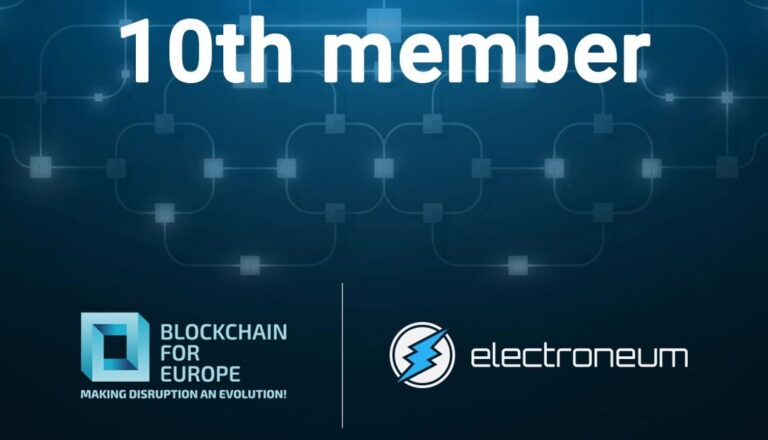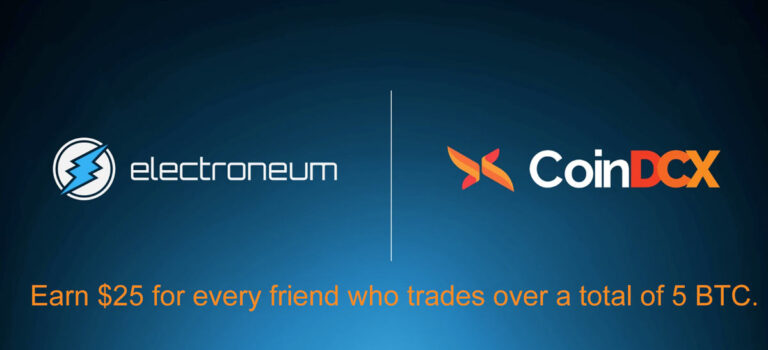The world-renowned scientist compares Bitcoin and Electroneum. He highlights the work of the UK-based cryptocurrency company.
Dr. Scott Stornetta, the globally renowned scientist who along with his colleague Dr. Stuart Haber invented blockchain back in 1991, met with Electroneum’s CEO and Founder Richard Ells and Head of Blockchain Chris Harrison over Skype recently.
The Yugen Partners Chief Scientist is modest when saying he doesn’t consider himself to be “of the highest calibre within the cryptographic and blockchain industry. “I simply like to position myself as one the people who has spent longer thinking about blockchain than anyone else on the planet. I have a really long-term perspective of this technology.”
Stornetta explained that he and Haber came up with the idea for blockchain to create digital documents that could be guaranteed to be tamper-proof. So, blockchain was born as a form of digital timestamps on documents along a chain so that authenticity of it could be traced back to its origin.
Seventeen years later after he and Haber invented the blockchain, Satoshi Nakamoto thrust blockchain to prominence by using it as the underlying technology for Bitcoin. In fact, whoever Satoshi are, they quoted Stornetta in their whitepaper.
Also, on various occasions, Stornetta has been said to be Satoshi Nakamoto. That is because he is a cryptographer, a renowned scientist, the inventor of blockchain and, speaks and writes Japanese as if it were his native language.
His views on Electroneum
Stornetta told Electroneum CEO Richard Ells in an exclusive interview that, “I understand what you’re doing with the Moderated Blockchain and your unique Proof of Responsibility protocol.
“I’m happy to recognise that you have grasped the breadth of the design space. Also, that you are flexible enough and open-minded enough to be still exploring how to get the balance of the mix. And that’s something that I’m able to encourage wholeheartedly.”
He went on to say that many cryptocurrency projects reject the notion of becoming regulatory compliant. Others, he said, are not seeking ways to add value as is Electroneum for the end user. Many more, he said, also reject combining features of decentralisation and centralisation to make their cryptocurrencies more secure and eco-friendly.
When highlighting Electroneum’s exploration of new ways to improve cryptocurrency and the blockchain, he said Bitcoin, other cryptocurrency projects and “people in the space should not think we’ve already found some of the most optimal positions in that design space.”
What appeals to Stornetta about Electroneum
Dr. Stornetta explained what to him is so appealing about Electroneum: “I admire, in particular, companies that have a long-term goal that is more than profit-maximizing, but that is actual a collective better.”
“I also simultaneously admire companies that are flexible about their means of getting from here to there. That includes finding ways to co-exist with the regulatory environment rather than attempt to subvert it. Also, finding ways to, create real use cases for people that wouldn’t know a hash function from a hole in the ground.”
Firstly, he said, Electroneum has a “long-term ambition for doing good and doing well.
“Secondly, Electroneum has a pragmatic approach to embracing existing players, including government and regulatory players, to find a way to co-exist. And thirdly, you have a practical way to make this of immediate value to the end-user. These three things I think are the essence of successful explorations in the, what I want to call the broader blockchain space.”
Electroneum’s GigFair project
Richard Ells explained Electroneum’s GigFair project. This is similar to other online marketplaces for freelance services in many ways except for the GigFair platform will charge far lower fees in benefit of the end user in developing countries.
“GigFair will enable people in the developing world to access the global digital economy for the very first time, allowing them to earn a little more, or even a lot more.” Ells described.
“The project will launch in the coming months and allows people from around the developed world to buy low cost digital services or ‘Gigs’ using their credit card – but the remittance is made to the gig supplier in ETN, the Electroneum cryptocurrency. Some digital skills are extremely easy to learn and can be completed and delivered using only a smartphone. Until now it has been impossible to pay small fees such as US$3 or US$5 to someone in the developing world with virtually zero transaction fee. Gig sellers can use their ETN to buy airtime, data and a growing list of other goods and services.“
Scott Stornetta said GigFair is a great way to add value for Electroneum’s end users.











































